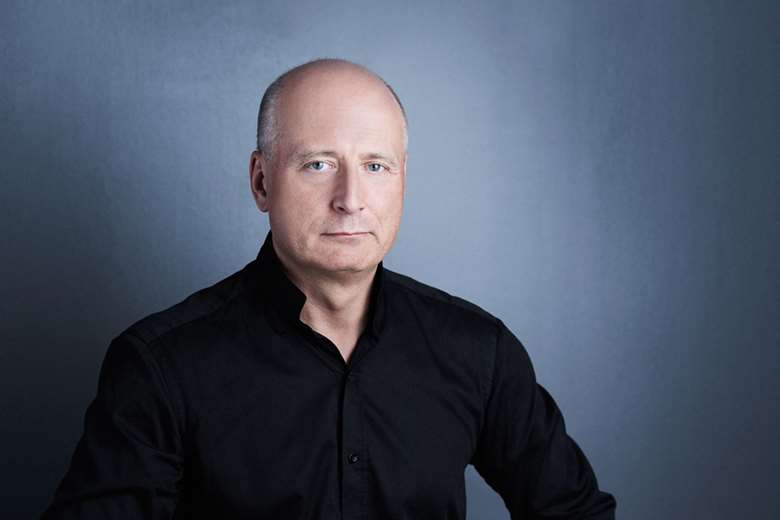Gramophone talks to ... Paavo Järvi: ‘Recording has always been a posterity issue – it’s never been about money’
Friday, January 24, 2025
The conductor on his latest Haydn ‘London’ symphonies recording

Register now to continue reading
Thanks for exploring the Gramophone website. Sign up for a free account today to enjoy the following benefits:
- Free access to 3 subscriber-only articles per month
- Unlimited access to our news, podcasts and awards pages
- Free weekly email newsletter







